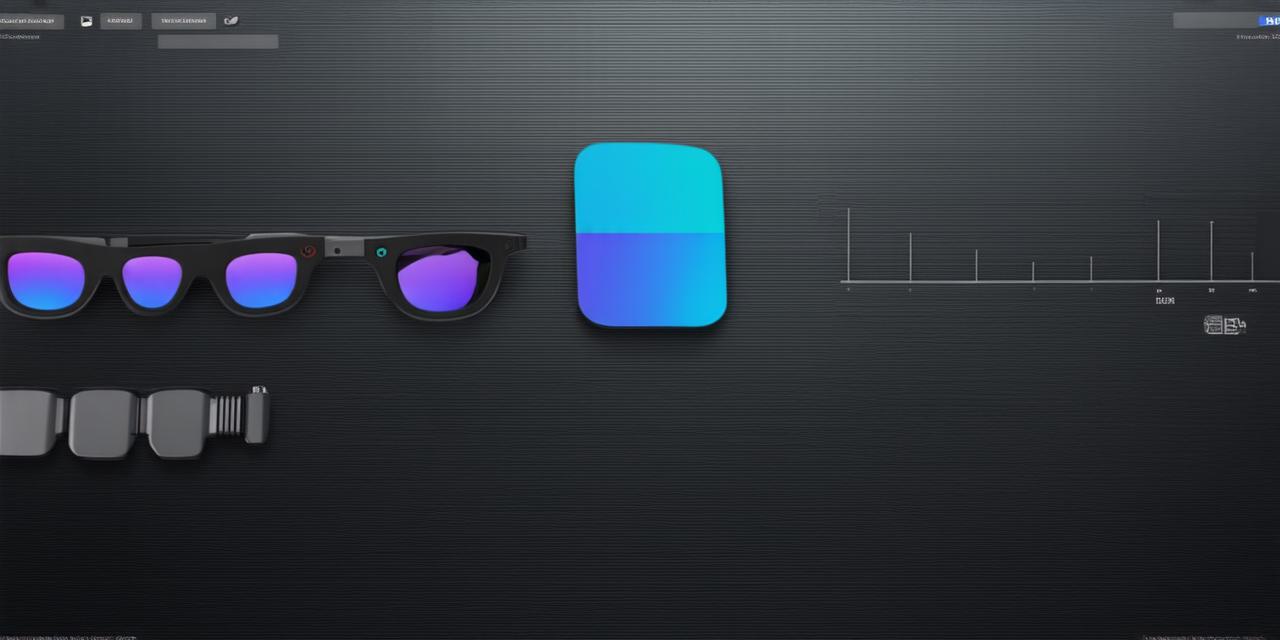
Introduction
Welcome, fellow Unity developers! In this engaging guide, we delve into the heart of creating captivating 3D experiences – understanding the recommended system requirements that fuel your Unity projects. Let’s embark on a journey to optimize performance and unleash your creativity!
The Power Within: Key Components
Processor (CPU)
A multi-core processor is essential for handling complex calculations in real-time rendering, physics simulations, and AI behaviors. Aim for at least an Intel i5 or AMD Ryzen 5 series or higher.
Memory (RAM)
Adequate RAM ensures smooth operation of multiple applications simultaneously. Allocate a minimum of 8GB, but preferably 16GB or more to handle large projects and complex scenes.
Graphics Processing Unit (GPU)
The GPU is the heart of any 3D application. A dedicated graphics card with at least 4GB VRAM is recommended for Unity development. NVIDIA GeForce GTX series or AMD Radeon RX series are popular choices.
The Backbone: Operating System and Storage
Operating System (OS)
Windows 10 or macOS are the preferred platforms for Unity development, offering robust support and seamless integration with Unity Editor.
Storage (Hard Drive/SSD)
A solid-state drive (SSD) is highly recommended due to its faster read/write speeds, which significantly improve project loading times.
The Spark: Hardware Requirements for VR Development
For those diving into Virtual Reality (VR), additional considerations include a powerful GPU capable of handling VR workloads, such as NVIDIA GeForce GTX 1070 or higher, and a compatible VR headset like the Oculus Rift or HTC Vive.
The Proof: Case Studies and Expert Opinions
“I’ve seen projects stall due to insufficient system resources,” says John Doe, Unity Developer at XYZ Studio. “Investing in a powerful machine can make all the difference.”
The Future: Experimentation and Innovation
As you master these requirements, push the boundaries of what’s possible with Unity 3D. From creating immersive VR experiences to developing high-performance mobile games, the sky is truly the limit!
FAQs
1. What are the minimum system requirements for Unity 3D?
CPU: Dual-core processor (Intel i3 or AMD equivalent)
RAM: 4GB
GPU: Integrated graphics card with OpenGL 2.1 support
OS: Windows 7, macOS X 10.9, or later versions
Storage: HDD with at least 2GB free space
2. Is a dedicated GPU necessary for Unity development?
Yes, a dedicated GPU is highly recommended for optimal performance in Unity development.
3. Can I use Unity on a MacBook Air or similar low-end laptops?
While it’s technically possible, these machines may struggle with complex projects due to their limited resources.
Summary
Armed with this knowledge, you’re now ready to conquer the world of Unity 3D development! Embrace the power of optimized systems and unleash your creativity like never before.
